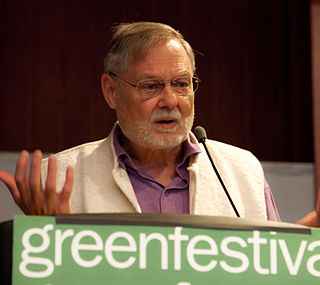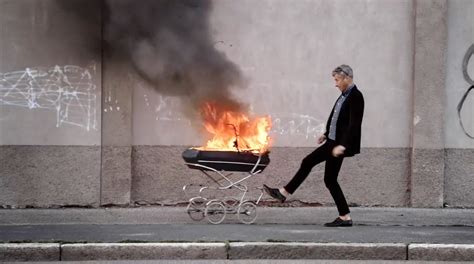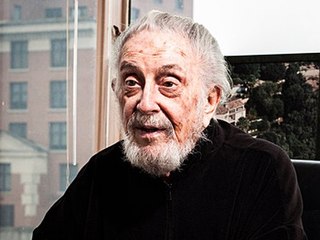A Quote by Duane Elgin
I feel more voluntary about my pleasures and pains than the average American who has his needs dictated by Madison Avenue (my projections, of course). I feel sustained, excited, and constantly growing in my spiritual and intellectual pursuits.
Related Quotes
Do you, like a skilful weigher, put into the balance the pleasures and the pains, near and distant, and weigh them, and then say which outweighs the other? If you weigh pleasures against pleasures, you of course take the more and greater; or if you weigh pains against pains, then you choose that course of action in which the painful is exceeded by the pleasant, whether the distant by the near or the near by the distant; and you avoid that course of action in which the pleasant is exceeded by the painful.
The market is like a machine that needs to be constantly excited. It needs to constantly produce wealth and more excitement. There are some leading players who are always there before everyone else, and they set market trends, they make people safe about the excitement. Of course, those who buy it first are the first to drop it. It's an ongoing game.
According to the Tax Foundation, the average American worker works 127 days of the year just to pay his taxes. That means that government owns 36 percent of the average American's output-which is more than feudal serfs owed the robber barons. That 36 percent is more than the average American spends on food, clothing and housing. In other words, if it were not for taxes, the average American's living standard would at least double.
The more invested I am in my own ideas about reality, the more those experiences will feel like victimizations rather than the ups and downs of relating. Actually, I believe that the less I conceptualize things that way, the more likely it is that people will want to stay by me, because they will not feel burdened, consciously or unconsciously, by my projections, judgments, entitlements, or unrealistic expectations.
It's as if the whole notion of growing soil is something only lunatics would think about. But why not grow soil? Does anything make more sense than growing soil? Isn't that more important than tractors, trucks, silos, barns, county fairs and country music? Of course it is. And yet to the lion's share of American farmers, the very notion of growing soil is just plain silly.
If you're talking about intellectual and social equality for women, we're not much better off.America is still very much a male-dominated society. Most American men feel threatened sexually unless they're taller than the female, more intellectual, better educated, better paid and higher placed statuswise in the business world. They've got to be the authority, the final word.
I get emails from students at programs all over the country who want to transfer to Iowa, and in most cases their frustrations have absolutely nothing to do with the programs they're attending. They have to do with the growing pains that they're undergoing as writers and with the growing pains that our own genre is constantly undergoing.
The individual in the ordinary circumstances of living may feel more unreal than real; in a literal sense, more dead than alive; precariously differentiated from the rest of the world, so that his identity and autonomy are always in question.... He may not possess an over-riding sense of personal consistency or cohesiveness. He may feel more insubstantial than substantial, and unable to assume that the stuff he is made of is genuine, good, valuable. And he may feel his self as partially divorced from his body.


































